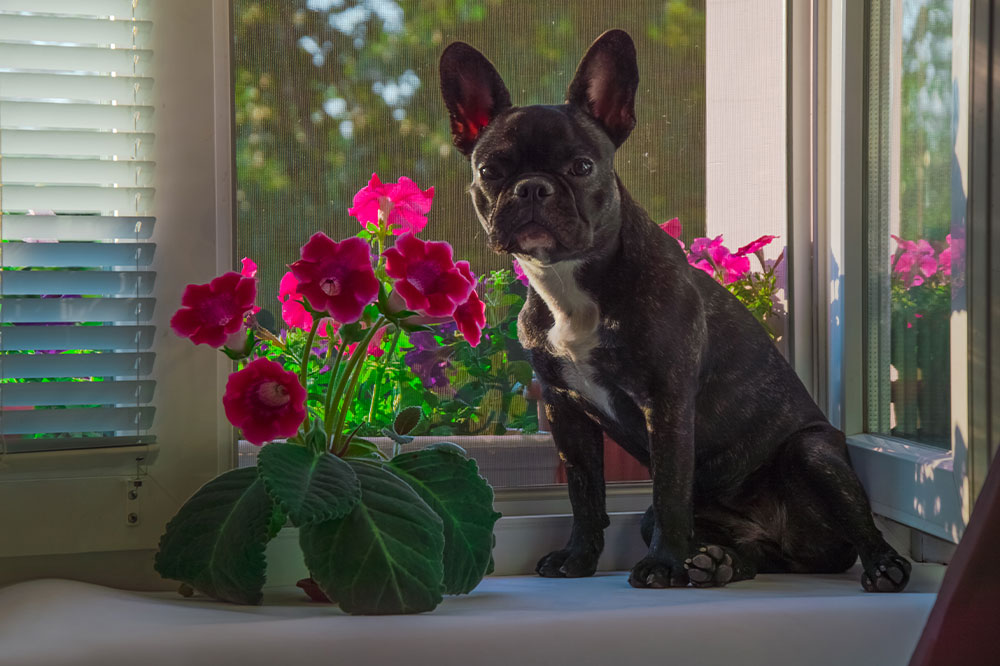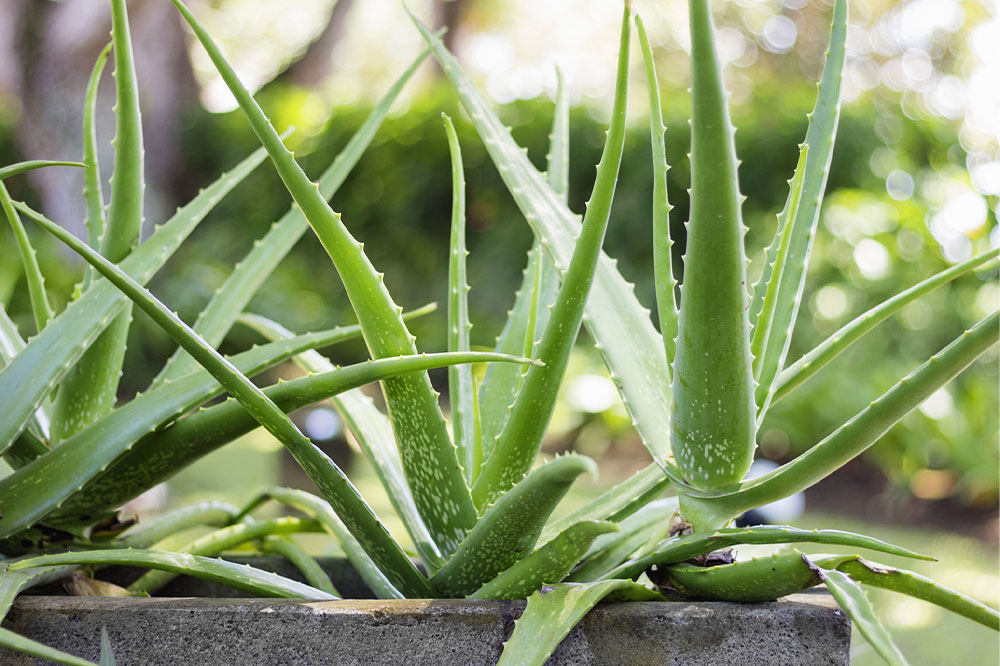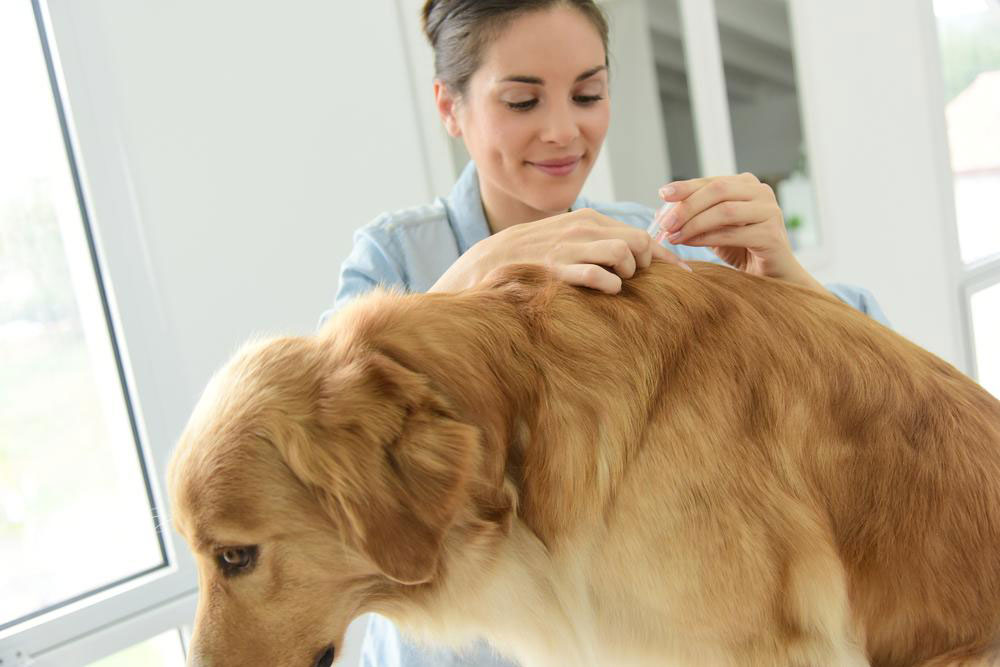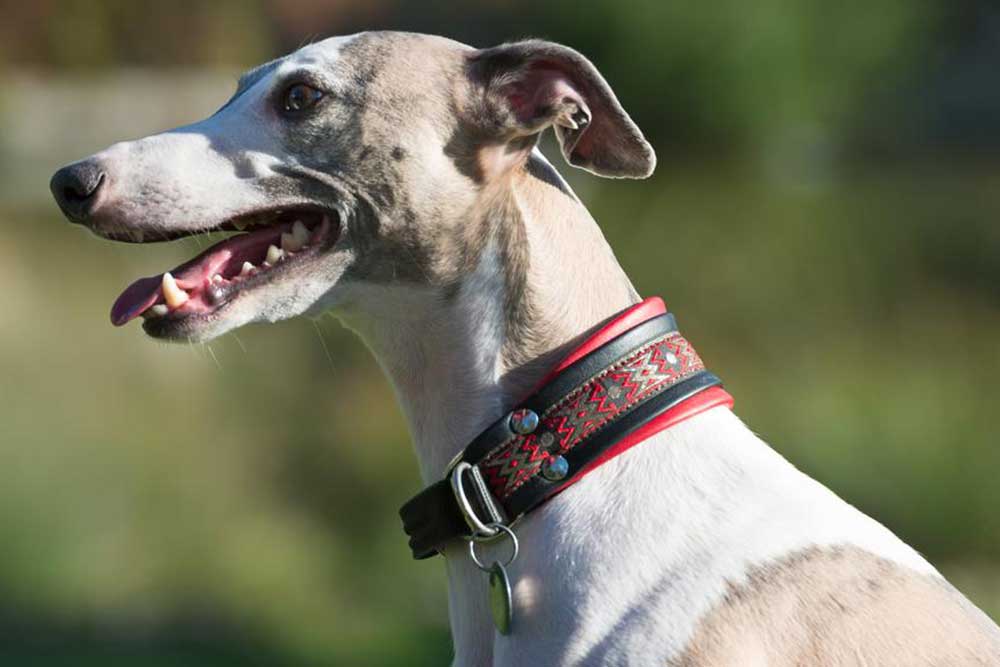Top 7 Toxic Houseplants That Can Harm Dogs
Discover the top seven household plants that are toxic to dogs, including aloe vera, sago palm, tulips, and more. Learn which plants to avoid and safe alternatives for pet-friendly homes. Protect your furry friends by understanding the dangers of common indoor and outdoor greenery and ensuring your home remains safe and beautiful for both humans and pets.

Houseplants enhance the beauty of your living space, offering aesthetic appeal and health benefits such as relieving allergies and skin irritations. Many homes feature various greenery, including shrubs, vines, and herbs. However, if you have pets, it’s crucial to keep certain plants out of their reach because some can be toxic. Here are seven common household plants that pose risks to dogs.
Aloe Vera
Aloe vera is popular for its healing gel used in skincare, but it is highly toxic to dogs. Ingesting it can cause stomach upset, nausea, and vomiting.
Sago Palm
This popular indoor plant adds charm to any home décor. However, ingesting its leaves can lead to nausea, vomiting, abdominal pain, tremors, seizures, and fever in pets.
Tulips
Beautiful and vibrant, tulips are common indoor plants. Their stems and flowers contain toxins that may lead to stomach issues like vomiting, drooling, and diarrhea if consumed by pets.
Allium Species
Includes onions and garlic. Large ingestion of these plants can cause hemolytic anemia, damaging red blood cells and leading to symptoms like red urine, weakness, and difficulty breathing.
Daffodils
These long-blooming flowers contain toxic substances throughout all parts, making them hazardous if ingested by pets, leading to vomiting and other health issues.
Ivy
Outdoor species such as English and Boston Ivy are decorative but toxic if chewed or ingested by pets.
Azalea
While beautiful, azaleas can cause excessive salivation, vomiting, seizures, or even coma if pets eat parts of the plant.
Non-toxic options like basil, chamomile, eucalyptus, lavender, and lemongrass are beneficial for repelling pests without risking pet health.
Note: The information on our platform is for informational purposes and should not replace professional veterinary or botanical advice. We do not guarantee the accuracy of external data or offers and recommend consulting experts for pet safety and plant care.










